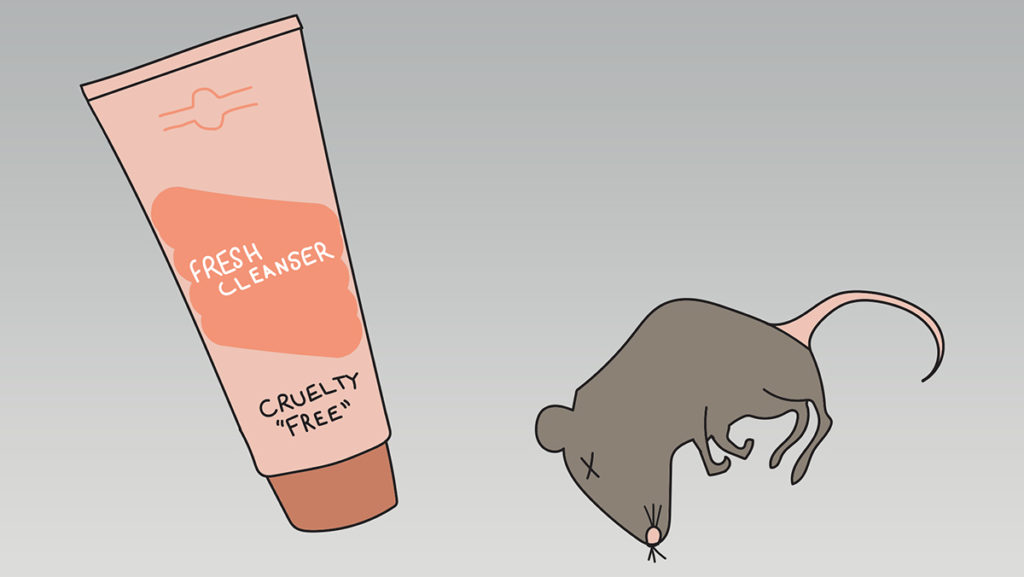While signing the New York Cruelty-Free Cosmetics Act, Governor Kathy Hochul should have added another word — somewhat free. At first sight, it seems like a great law that will protect animals from unethical testing, however, everything has loopholes and this law is no different.
According to the law, there are a few exceptions that allow animal testing. The first exception states that in the case of no alternative to widely used cosmetic ingredients, animal testing is acceptable. Mainly large and famous beauty corporations, like Nivea and L’Oréal, are the ones funding and using animal testing. Finding ways to prove that there is no alternative to animal testing is not a hard job for such large beauty brands. Unfortunately, that exception is not the only one that allows large companies to use animal testing. Another exception states that if animal testing is required by foreign jurisdiction, the product can still be sold in New York. Most of these widely used companies are spread around the world and can easily do the testing outside of New York.
Determining the consequences the product can have on people’s health is another exception to animal testing. So, if any company comes up with a defensible argument as to why their product might result in specific health problems, they can use animal testing. Most cosmetics carry a risk of resulting in some sort of health problem, meaning that the need for animal testing would not be hard to prove in these cases either. To add the cherry on top of these exceptions, the law allows products that have been tested on animals before Jan. 1, 2023, to be sold in the state.
How exactly are these cruelty-free products? Animals are harmed, killed and tortured around the world and these exceptions, to the law that is supposed to protect animals show that it is only a performative act.
Animal testing must be banned completely, without any exceptions because there are alternatives to animal testing, like the strategy of reduction, refinement and replacement (three Rs). Not only do people need to look for alternatives, they need to realize that organic and natural products are better than any animal or alternative-tested product, and have immediate distance from non-cruelty-free products.
This law might have put some restrictions on cruelty toward animals, but, unfortunately, it did not make much change. Banning animal testing completely would have progressed animal protection on a larger scale. It is important to remember that human beings are superior to animals because of their ability of complex reasoning. However, this power shouldn’t be used to harm animals, but to love and protect them as much as possible.















